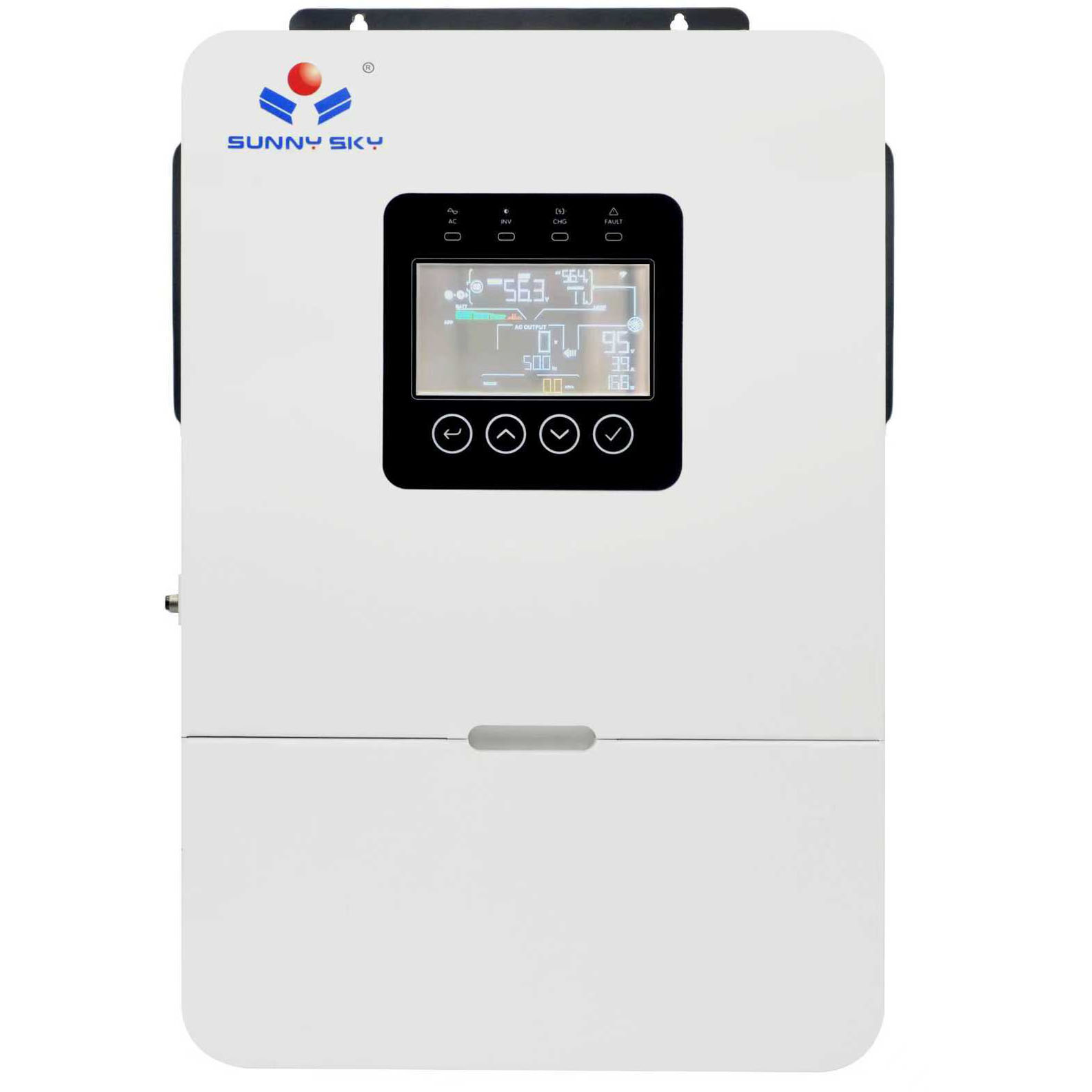
In the realm of renewable energy, the MPPT Solar Charge Controller emerges as a critical tool for optimizing solar power systems, addressing the common inefficiencies that plague traditional setups. Many users struggle with energy loss due to suboptimal charging methods, where solar panels fail to operate at their peak capacity under varying weather conditions, leading to reduced power output and unreliable energy storage. This inefficiency not only increases costs over time but also hampers the overall effectiveness of solar installations, making it challenging to achieve sustainable energy goals.
Understanding the Problem of Inefficient Solar Charging
Solar charge controllers are essential in managing the flow of energy from panels to batteries, but conventional models often fall short by not adapting to real-time environmental changes. For instance, factors like shading, temperature fluctuations, and varying sunlight angles can cause significant drops in energy conversion rates, resulting in undercharged batteries and wasted solar potential. This problem is exacerbated in systems using older technology, where users face frequent maintenance issues, shorter battery lifespans, and inconsistent power supply, ultimately discouraging the adoption of solar energy solutions.
Exploring Solutions with Advanced MPPT Technology
The TYC Series MPPT Solar Charge Controller offers a sophisticated solution to these challenges by employing Maximum Power Point Tracking (MPPT) technology, which intelligently adjusts to the optimal operating point of solar panels for maximum efficiency. This innovation ensures that energy harvest is optimized even in less-than-ideal conditions, effectively boosting overall system performance and reducing energy wastage. With models like TYC-40IR, TYC-60IR, TYC-80IR, and TYC-120IR, users can select the right fit for their needs, handling various battery voltages from 12V to 48V and input powers up to 6800W. By integrating features such as a prominent LED display for real-time monitoring, this controller allows for easy tracking of solar power usage, battery status, and charge currents, empowering users to make informed decisions and enhance their energy storage systems.
Benefits and Practical Applications of Smart Solar Controllers
Beyond basic functionality, the MPPT Solar Charge Controller provides additional advantages that directly tackle the limitations of traditional solar charge regulators. Its robust design, including support for 4G, WiFi, and RS485 connectivity, enables remote monitoring and adjustments, making it ideal for both residential and commercial applications. This means users can effortlessly manage their solar panel technology from anywhere, ensuring seamless operation and quick responses to any faults. The controller's compatibility with various battery types, such as lead-acid and lithium, further extends its versatility, promoting longer battery life and better energy efficiency. In practical terms, this translates to cost savings and environmental benefits, as solar power technology becomes more reliable and accessible, helping to mitigate the problems of energy dependency and inefficiency.
Real-World Impact and Future-Proofing Energy Systems
Implementing the MPPT Solar Charge Controller not only resolves immediate issues but also future-proofs solar energy systems against evolving demands. By maximizing energy conversion with high tracing efficiency, users experience fewer interruptions in power supply, which is crucial for energy storage systems in off-grid or hybrid setups. This solution fosters a shift towards sustainable living, where charging controllers work in harmony with solar energy controllers to deliver consistent, clean power. Overall, the adoption of this technology represents a proactive step in overcoming the barriers to effective solar utilization, paving the way for a greener future.



